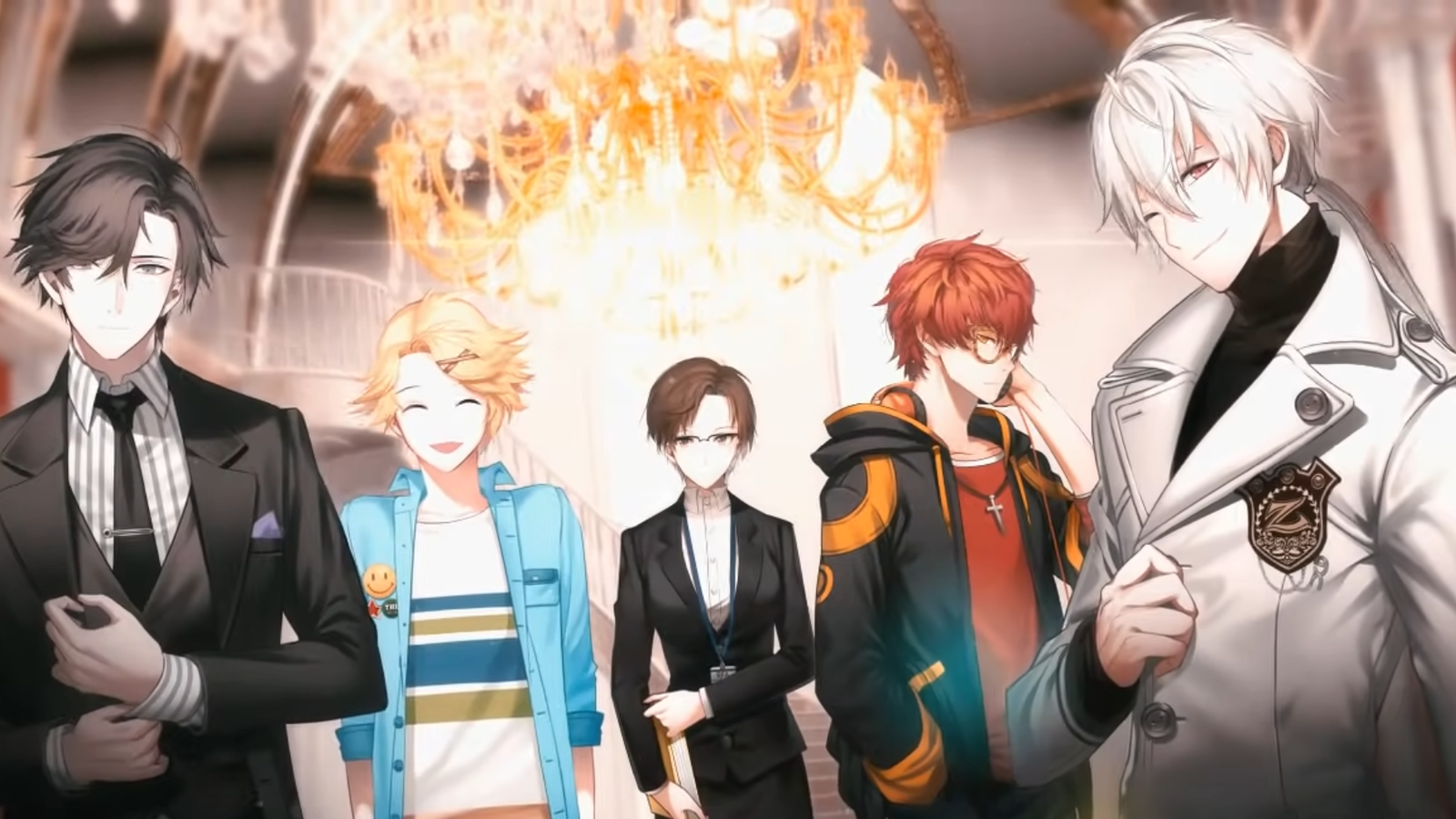Mystic Messenger is a mobile dating simulator game developed and published by Cheritz. When it was released in 2016, it quickly gained popularity among players, especially women, for its unique and immersive gameplay. The game combines elements of romance, visual novel storytelling, and interactive messaging.
As a player, I find dating simulators like Mystic Messenger to be an immersive and empowering experience, allowing me to explore romantic relationships in a virtual setting. However, ethical considerations must be addressed when engaging with these games. Consent, emotional well-being, realism versus fantasy, and representation are crucial aspects that both developers and players should take into account, as emphasized in the paper we read about emotional labor and gender roles from women.
One of the things that makes Mystic Messenger feel incredibly immersive is its simulation of real-time communication. Throughout the day, I received messages and calls from the characters, creating a sense of immediacy as if I’m having real conversations. What’s even more impressive is that these interactions are tailored to my choices and progress in the game. The characters remember our previous conversations and reference past events, making the interactions feel personal and meaningful. The inclusion of voice acting in the phone calls adds another layer of immersion. Hearing the characters’ voices brings them to life, adding emotional depth and strengthening my connection with them. It’s remarkable how the voice acting conveys nuances in tone, expression, and personality, making the interactions feel more authentic. Each character in Mystic Messenger has their own unique backstory, struggles, and aspirations, which are gradually revealed throughout the game. This depth of character development fosters empathy and emotional investment from players like me, making us become genuinely attached to the characters as we follow their journeys and witness their growth.
Engaging with the game’s chat rooms and private messages allowed me to actively participate in conversations, make choices, and influence the outcome of the story. It’s like having a real-time interaction with a diverse cast of characters, each with their own personalities, backgrounds, and stories. From Zen and Yoosung to Jaehee, Jumin, and 707, I enjoyed getting to know them and forming connections with them through the game. However, I felt obligated to be available and responsive to keep up with the storyline and engage in conversations promptly. This was challenging, especially when I have real-life responsibilities to juggle. Because of my fear of missing out, I found myself constantly checking my phone or adjusting my schedule to accommodate the game’s demands. This pressure to be available can lead to a sense of obligation, as if I must prioritize the game over other aspects of my life, which is strengthened by the storyline itself – you are planning a party, and the members of the RFA can’t do it without you (and only you!) This reinforces the ideas of gender roles in the game, because it’s expeccted that you the woman are to take care of the party planning obligations despite the fact that you are a complete stranger.
Regarding the uncanny valley in dating simulators, I’ve noticed that while Mystic Messenger aims to create realistic and relatable characters, there can still be instances where they fall into the uncanny valley. The uncanny valley effect occurs when the visual or behavioral characteristics of the virtual characters appear somewhat artificial or lack authenticity. This can sometimes create a sense of unease or disconnect, impacting the immersion and emotional attachment that the game strives for.
Last but not least, shoutout to Jaehee <3.



Hi Amy, loved reading your experience playing the game. I can definitely see how the real-time features of getting texts and calls throughout the day makes such an immersive experience, as it feels like they are a part of your daily life. I think my personal buy-in to the game, or rather lack thereof, contributed to the notifications being more intrusive than immersive, but again I think my degree of buy-in and me not being part of the target audience contributed to that difference in experience.
Hey Amy, I liked reading about the perspective of someone who seemed to really get into the game. I wished I could get into it more, but I simply couldn’t. It just felt a bit too intrusive of my autonomy — though there is catharsis and fun in that for people, I could not find it for this one. But when I could respond to notifications on time, I did see the appeal of it. Shoutout Jaehee as well :3
Hi Amy, I really resonated with your point about the intensity of the game in terms of having to check for notifications and feeling bummed when you missed something. I think if the developers were to make a new version of the game or maybe a spin-off of some sort, they should consider ways they can improve this. Though, it makes sense they didn’t with MM, because this game was mostly targeted to teenagers in middle or high school.